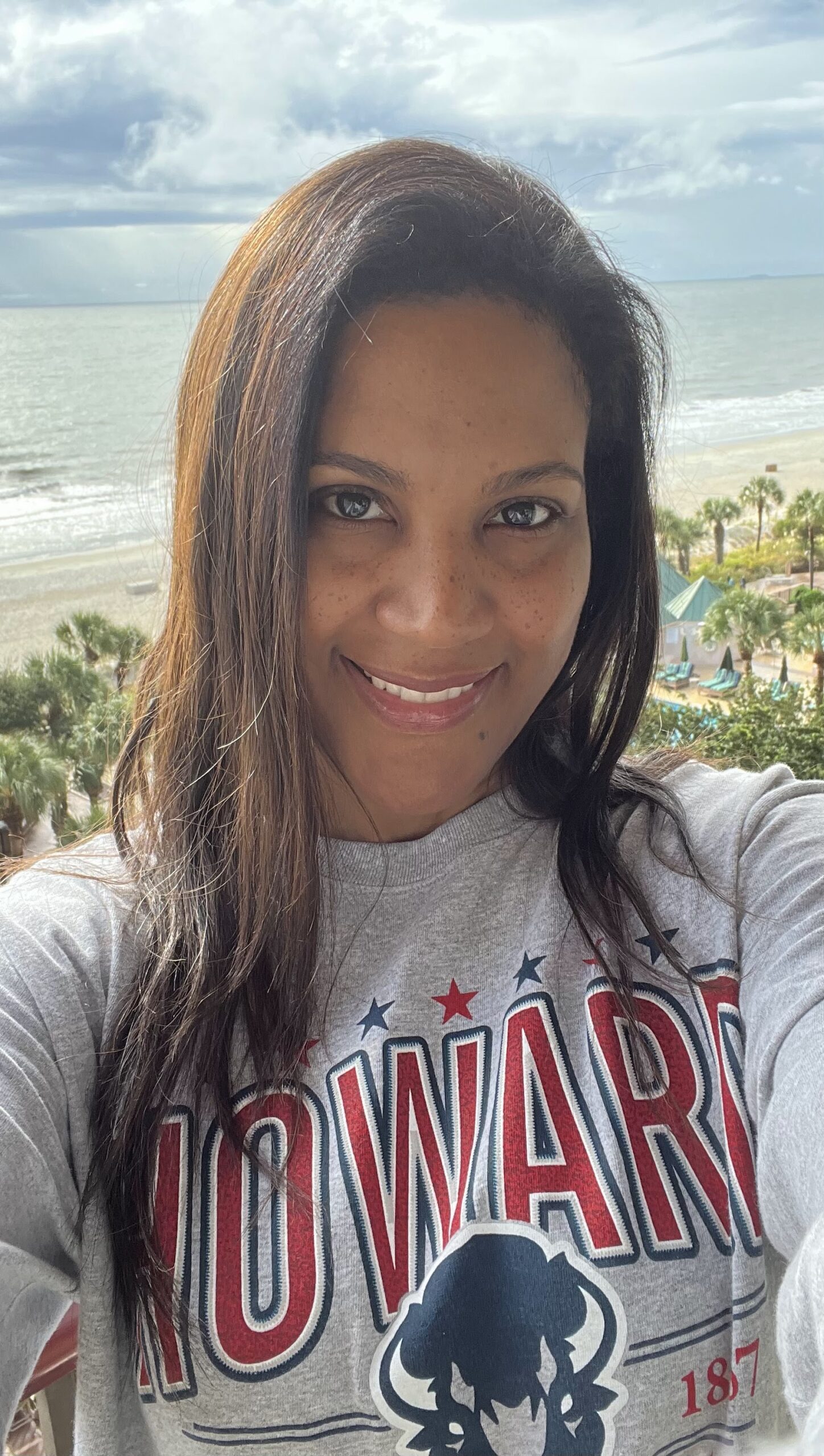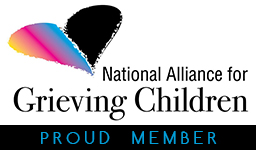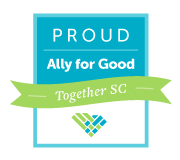An Interview with Novie Payne
Can you tell us about yourself and how you got involved with Bridges of Hope?
Novie Payne, PsyD-LPC, CAGCS. I am a clinical therapist in private practice in Mt. Pleasant, specializing in adolescent therapy. I work with adults as well. I facilitate the pre-teen group at camps and work with middle school students in the Sand Dollar Club program. I have thoroughly enjoyed working with Bridges of Hope since the first day I discovered the organization and I also serve on the Board of Directors. When I’m not working with clients and students, you can find me at the beach or listening to something amazing on Audible.
 What inspired you to become a grief-support facilitator volunteering with children and families experiencing grief?
What inspired you to become a grief-support facilitator volunteering with children and families experiencing grief?
A colleague of mine asked me to fill in for her as a facilitator some years ago and because it was a position working with youth, I immediately agreed to do it. I enjoyed it so much, I’ve been facilitating ever since then. I find the experience rewarding and I continue to be inspired by the youth I work with.
Can you recall a particularly memorable or impactful moment during your time working with the kids in our program? What made it stand out to you?
In one of the workshops, the kids wrote “Let Go” letters. One of the campers shared that she wrote to her loved one telling them about all the things she had done since her loved one’s death. It was a special and unique choice she made for this particular activity in which she also shared with others what was on her heart.
Volunteering in grief support can be emotionally challenging. What challenges have you faced, and how do you find balance or cope with the emotional aspects of this work? On the flip side, what are the most rewarding aspects for you?
It can be difficult to hear some of the details of how someone’s loved one died. Our loved ones live on in our hearts, so sometimes recalling a cherished memory can make us laugh out loud or simply smile in remembrance of them. Also, I admire how resilient kids are. When they have a strong support network and an organization like Bridges of Hope to help them navigate the grief process, they can heal and flourish.
How do you establish a connection with the children and families you work with? Are there specific strategies or approaches that you find effective in building trust and rapport?
I’ve found that the best practice for me to establish a connection with the children and families I work with is to meet them where they are. Being present and creating a safe space for them to share their stories allows for trust, rapport and ultimately a lasting connection to form.
Have you noticed any specific positive transformations or changes in the kids you’ve worked with? How does the grief support provided contribute to their healing process?
Grief must be witnessed to be healed. There is no timeline for grief. However, grief support groups offer kids a place to process their feelings and realize they are not alone. It’s wonderful to hear the kids sharing with other group members the coping skills that worked for them or rituals they perform to honor their loved ones. The healing process occurs one day at a time, sometimes one moment at a time.
Of the various components in our Stepping Stones Program (Sand Dollar Club, Shannon’s Hope Camp, our community rituals, etc.), do you have a favorite? If so, why?
I have experienced each of the programs and all of them offer youth and families opportunities to learn, grow, and heal. While each of the programs serves a need and a purpose, Shannon’s Hope Camp allows kids to experience a community of grievers in a beautiful, scenic environment and share with other campers who “get it”. They leave camp feeling heard and armed with helpful tools to manage emotions and improve coping skills on their grief journey.
How do you see our organization making a difference in the local community? How does community involvement play a role in the healing process for families that are grieving?
We are built for community. We are not designed to be alone or grieve alone. Bridges of Hope strives to bring youth and families together in a supportive environment whether it’s through fun time at a RiverDogs game or through a time of reflection at a Candlelight Ceremony. Community involvement plays a critical role in the healing process for grieving families. However you choose to participate with the organization, you will feel a sense of community and experience connection.
In what ways has your experience as a grief-support facilitator with our organization contributed to your personal and professional growth?
My work as a grief-support facilitator inspired me to continue learning about the various kinds of grief individuals experience and the therapeutic interventions that assist the grieving process. As a result, I pursued a doctoral degree and certification as an Advanced Grief Counseling Specialist. It is quite rewarding to partner with people on their grief and wellness journeys.
What advice would you give to individuals considering volunteering in a grief support capacity for the first time?
Volunteering in a grief support capacity for the first time can feel daunting. It helps to think of the opportunity as working with people as opposed to working with grieving individuals. The important thing to remember is that you are not required to “fix” anyone, but to simply be present. It’s okay to not know what to say, because sometimes just being present is enough.


